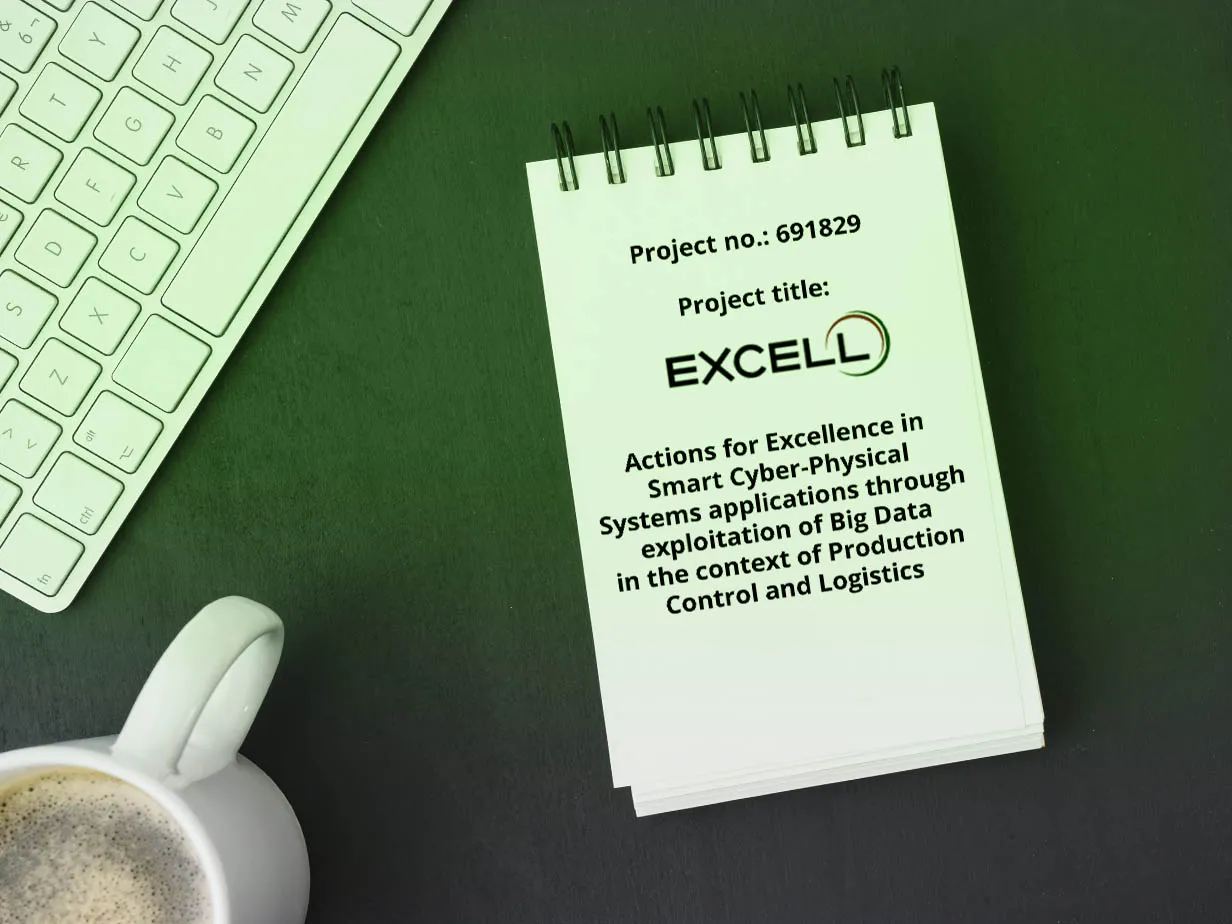The EXCELL H2020 project, coordinated by HUN-REN SZTAKI, is among the 40 success stories celebrating 40 years of EU programmes supporting scientific research
2024 marks the 40th anniversary of the European Union's science programme: the first EU funding framework specifically for research and development was launched in 1984, and the European Commission is celebrating the occasion with 40 "Success Stories". One of them is the Horizon 2020 project "Actions for Excellence in Smart Cyber-Physical Systems applications through exploitation of Big Data in the context of Production Control and Logistics", EXCELL for short, launched in 2016, in which HUN-REN SZTAKI coordinated institutions from four countries.
„Cyber-physical systems that blend the digital and real worlds are driving the development of smart factories, transport networks, electricity grids and even cities. The opportunities and risks presented by this expanding Internet of Things and big-data environment are being explored in-depth by EU-funded researchers” – reads the European Comission’s website.
The EXCELL project, which ran between 2016 and 2018, was coordinated by HUN-REN SZTAKI and aimed to research the use of big data techniques in cyber-physical manufacturing systems. The project, which brought together institutions from four different countries (in addition to the Hungarian HUN-REN SZTAKI, the British Aston University, the German Fraunhofer-FIT and the Belgian KU Leuven), focused on IoT solutions, efficient interactions between humans and machines, the development of intelligent business processes and data mining, among others.
Each consortium member was responsible for two of the eight research areas identified: HUN-REN SZTAKI achieved outstanding results in „Data interoperability” and „Tracking and tracing”. In addition to engineering solutions, the project has also placed a strong emphasis on the development of complementary skills, including the support of technology transfer, emotional intelligence, and even stress management. EXCELL's activities were divided into four clusters: scientific impact, industrial innovation, sustainability and social impact – areas that have only become more pronounced across all disciplines since the project's closure in 2018.
As a result of the project, cooperation between consortium members has deepened on several levels, joint research and publications have been produced, and representatives of other disciplines have found common ground with EXCELL's socially important objectives. The smoothness of the consortium cooperation, the cross-academic and cross-industry linking role of EXCELL and the overall effectiveness of the project also provided the basis for the seven-year "Centre of Excellence in Production Informatics and Control (EPIC CoE)" project, which was also coordinated by HUN-REN SZTAKI and will be completed in 2024.
Within the institute, EXCELL primarily involved the Research Laboratory on Engineering and Management Intelligence, and was managed by Dr. Elisabeth Zudor, Director’s Advisor, EU research projects / Head, Intelligent Information Management group. The project was featured in Horizon: the EU Research and Innovation Magazine on 12 December 2024.Dr. Zudor was interviewed in the article, highlighting that the complexity of sustainability, which is gaining attention, requires expertise in a number of areas, and that the development and research of cyber-physical manufacturing systems is also necessary for success.
HUN-REN Institute for Computer Science and Control (project coordinator)
